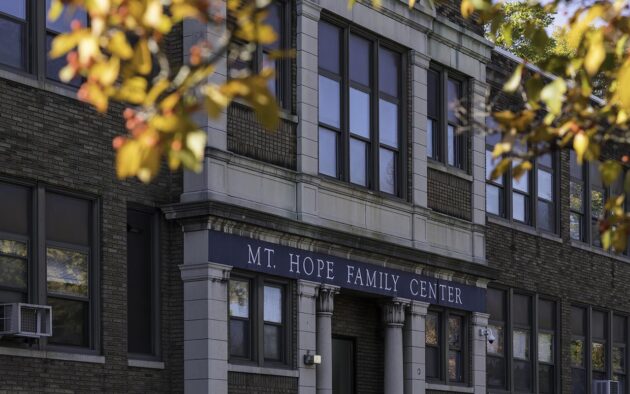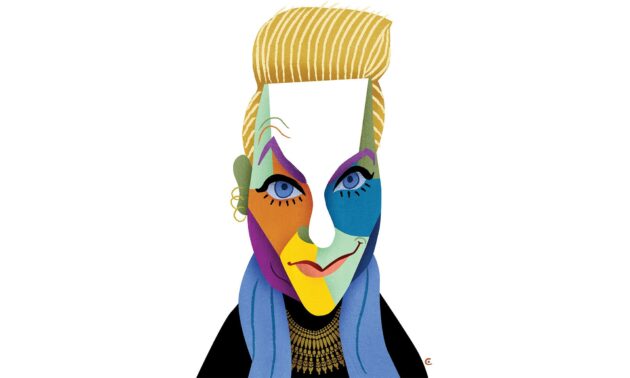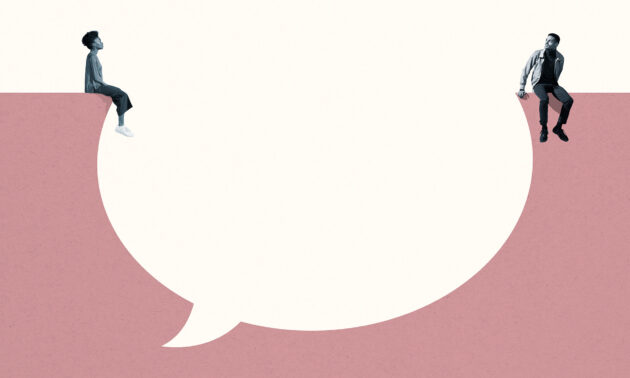Recent News

8 things to know about the University of Rochester’s Mt. Hope Family Center
For 45 years, this national resource has pioneered cutting-edge psychology research while providing support for thousands of vulnerable families annually.

Understanding stress and resilience from the inside out
By studying the effects of persistent stress, URochester researchers are shedding light on how to be more resilient.

Why teens defy—and how parents can help
New research shows that teens heed warnings more when parents model their values and show understanding.

Who’s immune to conspiracy theories?
Rochester faculty on how political conspiracy theories start and spread—and why people believe them.

Material world
University of Rochester graduate Kasia Maroney ’92 talks about her career as an art conservator restoring priceless objects to their full glory.

The truth may hurt. But for couples, it’s worth it.
In a new study of more than 200 couples, a team of Rochester psychologists reveals the truth about honesty in answering tough relationship questions.

Why the powerful are more likely to cheat
Psychologists have found a correlation between a person’s self-perception of power and their (un)willingness to remain faithful.

Research-backed ways to bridge America’s political divide
Researchers successfully tested 25 different approaches to reducing partisan animosity and support for undemocratic practices or political violence. Two proved most effective.

When someone flirts with your spouse, does that make your partner more attractive?
The simplified formula of “more attention equals more desire” doesn’t seem to apply to established relationships.

Why teens with autism struggle with speech intonation
A new study reveals that difficulties in adapting to changes in speech patterns may affect how adolescents with autism understand tone and meaning.
